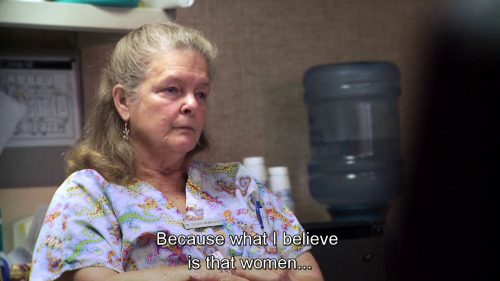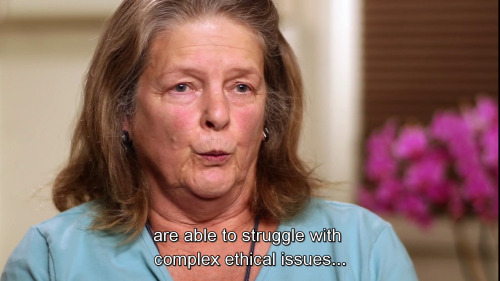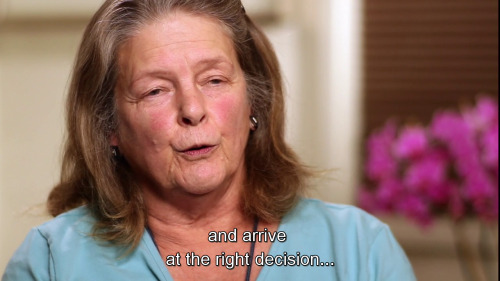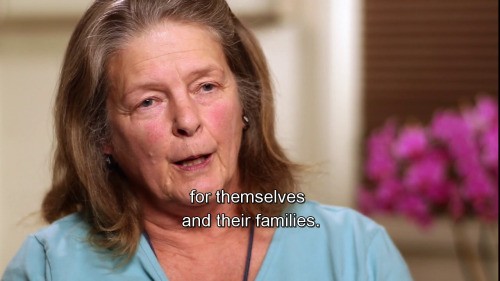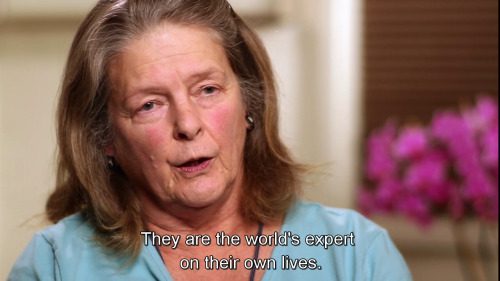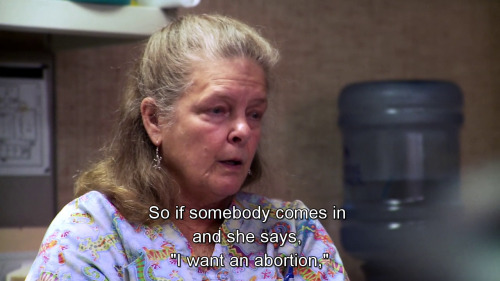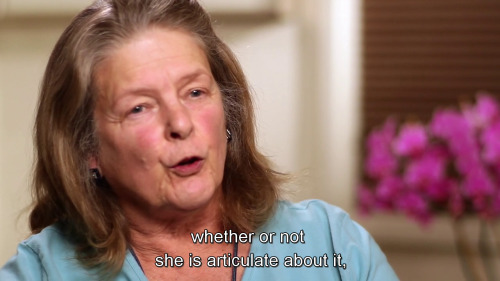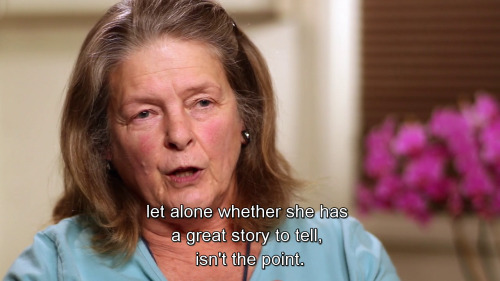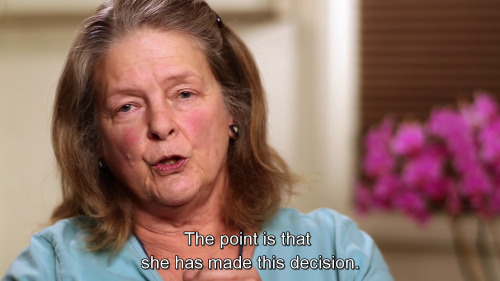Today Is The 100th Anniversary Of Einstein’s Presentation Of General Relativity’s Field Equations


Today is the 100th anniversary of Einstein’s presentation of general relativity’s field equations to the Prussian Academy of Sciences. The equations demonstrated the relationship between the local curvature of spacetime and the energy and momentum within that area of spacetime. The first image shows the way that Einstein first presented the equations in his 25 November 1915 paper, where G_im is the Ricci tensor; g_im, the metric tensor; T_im, the energy–momentum tensor for matter; and κ is proportional to Newton’s gravitational constant. The second image shows a modern full version of the equation where R_μν, is the Ricci curvature tensor; R, is the scalar curvature; g_μν, is the metric tensor; Λ, is the cosmological constant; G, is Newton’s gravitational constant; c, is the speed of light in vacuum; and T_μν, is the stress–energy tensor. For more about Einstein’s development of the equations, we have a article available from our November issue: http://dx.doi.org/10.1063/PT.3.2979
via: Physics Today
More Posts from Theidlerhour and Others




Happy Back to the Future Day! We’re kind of obsessed with the future predictions found on these old cigarette cards from our Digital Collections. Imagine London being lit by a gigantic laser light contraption? Amazing.
See more here.
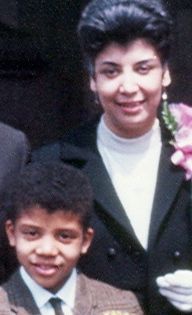








We have the privilege to be educated. Don’t waste that.
(via dontstop-study)
i cannot let the stress of right now over shadow the success i have faith in for my future.

Chemistry + Physics
We want to make the world a more sciencey place. We’re doing that. With your help, we can do even more. https://www.patreon.com/FQTQ
Image via http://rainbowkitteh.tumblr.com/
Is it possible to have a spacesuit that is skin tight? My logic on this is that space wants to separate your bodies atoms but can the pressure be neutralized by having a tight enough skin suit? Am I even making sense?
Meet Dava Newman:


Now NASA’s Deputy Administrator (second-in-command). She’s spent years at MIT developing what’s known as the “BioSuit” - basically a skintight spacesuit that would use mechanical counter-pressure to apply about a third of an atmosphere on the body, enabling exploration with full range of motion, minimizing the energy spent fighting your own bubble-boy-of-a-suit.
There were a couple of problems remaining when she left to work for NASA:
The design so far still includes a pressurized helmet that has a seal issue with the rest of the suit. Also certain parts of the suit (the hands as you can see above) are difficult to get quite right.
The second problem is going to be returned to in a few years. The last I heard the research group was going to let material science develop carbon nanotubes and graphene a bit more and then try using those two materials somehow in the design.
It’s a super promising design and I hope they get it down pat! As is, it stands to benefit the medical community as well as to open astronaut qualifications to people shorter than 5′5″ (or somewhere around there) - below which apparently they can’t even apply to be an astronaut due to the spacesuits not being made small enough.
(Image credit: Professor Dava Newman: Inventor, Science Engineering; Guillermo Trotti, A.I.A., Trotti and Associates, Inc. (Cambridge, MA): Design; Dainese (Vincenca, Italy): Fabrication; Douglas Sonders: Photography)
tips on how to rehearse your instrument
okay, so, after ages of procrastination, here it is. My rehearsal tips for classical music. Mostly for piano, but also other instruments, especially woodwinds, since i’m also playing the flute! If you have anything to add to the list, just don’t hesitate :)
1. Prepare yourself. Yep. Even in music, this is an important step. Turn off your electronic devices, they’ll only distract you and you won’t need them - at least not for classical piano rehearsal. Get all of your sheet music together! You can also get yourself a glass or a bottle of water (Especially for wind instruments!), but make sure that the instrument won’t get any damage!
2. Warming up. This is so important and it’ll help you to improve your tone (winds) and your style. I recommend doing scales and arpeggios in different versions - you’ll always need them. Also, try out different breathing techniques if you’re playing a wind instrument, such as circular breathing. However, try to mix it up. Don’t do the same stuff every day because you’ll eventually loose interest in what you’re doing. Be creative! Don’t forget that music is art!
3. Don’t try to play all of your pieces in one day. What I wanna say is: If you have 3 pieces to practise - for example a Bach, a Beethoven sonata and another piece, don’t do all of them in the same day. Practice two of them the 1st day after your rehearsal, then two the next day and the day after that another two. This way, it’ll be a nice circle and you still practiced everything in the end. It’s the same with studying, really. Try to make a rehearsal plan. Also, if you only have to practise one piece, don’t just play it from the beginning ‘till the end. Do the same. Play 3 lines the first day, maybe 4 the next and maybe 2 the day after that. Divide the work in small chunks. It’ll be much easier to keep track of what you’re doing.
4. Analysis. Most people don’t believe me this, but analysing your piece of music can be really helpful. Especially if your teacher just gave you a new piece to practise and you think it is way too difficult. It is not! Try to find out where the melody is. Is it in the left hand or the right hand? What is the form of the piece? Where would you play forte, where piano? Where do the notes come from, where do they go? Where are the important parts, the climax of the piece? All of these are important information that, if done right, transform the notes on the sheet into actual music. However, you may check the details of this with your teacher. They often know a lot more about music - and asking questions won’t be wrong.
5. It is very important to practice the nuances and the intonation from the first moment on. In every instrument. Don’t try to make excuses as to why you would add that crescendo later. Do it now! To memorize the nuances easier, you can sit down for 5 to 10 minutes before your practice and just look at the notes, trying to memorize the small details that you added.
6. Start slowly. You don’t need to be able to play a piece of music in the original tempo in one week. Getting to know your piece, feeling the music, takes time. It often takes a semester to remember 3 or 4 pieces by heart - depending on their seize as well - but that was at least the case for me. And most of the time, i was just too lazy and i could’ve needed two or three more additional weeks ‘till the actual exam. I had to memorize like 20-30 pages by heart for my last two or three exams and it really takes a good amount of work and practice!
7. So now to the actual rehearsing. Again, it is important to chunk down the piece into a lot of small pieces. Start with the right hand first, then do the left hand on its own. Or start with the melody first. Go slowly - it is better if you can play without any mistake, than playing 15 wrong notes in just one line. Also, especially for piano (and violin?) - write down the fingerings. This may take some time, but it’s so important to play everything the same way. Try to find a fingering that suits you, if they’re not included already!
8. If the piece has a lot of chords, you should play the chords first. (I’m talking about Rachmaninoff here, that little bitch!) Try to get the connection between two chords right, then add a third one, and so on. Before you notice it, you can play the whole passage already - congrats! Again, prefer going slowly and with the right notes to going fast with a lot of wrong notes. In classical music, precision is really important. And precision starts the second we start learning a new piece of music.
9. Memorize the parts you played wrong, mark them, so you can go back later. For the very start, just try to get into the feeling of the piece. Then, take one section and play that 10-15 times. So slow, that you don’t play any wrong notes. Just 10-15 times, then go on to the next passage. At the beginning, you may repeat them more often, but as you’re already into the piece, don’t repeat the passage more than 15 times. Let it rest, go on to the next one - and only repeat it again the next day. This is also a great method for rehearsing if you don’t have a lot of time. It’s better to play just 10 minutes a day and just a passage than to not play at all!
10. Get a metronome. Seriously. Metronomes are so important because it is literally so so so annoying when a musician can’t keep it’s tempo. And you need to be able to do so - even in difficult passages. Also, for pianists and basically every other instrumentalist (except for drummers maybe!) DO NOT, I REPEAT, DO NOT TAP YOUR FEET TO THE BEAT OF THE PIECE. DON’T DO IT. IT’S THE WORST THING EVER TO DO ON STAGE. Also, in orchestra, it’ll most likely annoy a lot of musicians around you. Just get a metronome.
11. Don’t skip difficult passages. Don’t do it. Practice them excessively - with the method that i described in step 9.
12. Listen to yourself. Record yourself if you need to. Criticise yourself. Don’t say “Yeah, I know i played that wrong.” Stop playing. Repeat the passage 5-10 times until you won’t get it wrong anymore. Then move on.
13. Enjoy yourself. Music comes from the heart. Try to talk to your teacher if you don’t like your piece or if you find it too difficult to practice and concentrate. I’m sure they can give you different exercises that are perfect to help you improve as an individual.
14. If you have an exam coming up, listen to different youtube versions of the song. Get inspired - but don’t freak out. It’s okay if you don’t play Chopin as fast as Yuja Wang or Lang Lang or whoever is THE GOD in your instrument. Judges know and mostly respect that you’re a student. You’re still learning, and you’re nervous. They’re humans too and they know this. I also recommend to play the songs in front of people, for example your friends or family - often, music schools offer mini concerts for students so that they can play in front of other students who’ll take the same exam - before your actual exam. It helps to get used to the situation and it’ll be really helpful because you know what passages you have to practice more so that they won’t go wrong in the exam.
15. Try to find out which way to play your pieces. One may requires more strength than the other, or a lot more concentration. Do you play your best piece at the end or do you choose the order by music eras and music styles? If you are not sure which way to play your pieces, ask your teacher for advice!
16. During the exam. Don’t stop if you played a wrong note there. Please don’t try to correct yourself, that only disturbs the music’s flow. And the judges will notice the wrong note more likely if you stop playing. Mostly, they won’t even hear a wrong note. Just continue playing as if nothing happened.
17. Last but not least, if you have to audition for an university, it is important to know why you choose that certain song. Be prepared to explain what the song means to you or why you thought it would be good to play it in this setting. Also, be prepared to do an improvisation. Don’t freak out if they ask you to do something differently - they often just want to check if you’re able to change things up immediately, if you’re open to new things. Also, it is often required to play songs from different eras. Do it! And be sure to be in the required time limit as well! Mostly, they send you a list of things you have to be aware of when you register for the audition.
18. As for the practicing times, it’s up to you. However, I recommend not playing a full hour at once - especially for piano. It’s easier to squeeze in a quick 10-20 minute practice between your study sessions. If you do that 2-3 times a day and practice the right way, you’ll be surprised on how your productivity will evaluate! Also, this method will make it easier to concentrate on your studying afterwards again, because music frees the mind from stress, relaxes your body and is good for your soul!
Talk with people who make you see the world differently.
(via thategyptianqueen)
-
 davethoyo-blog reblogged this · 8 years ago
davethoyo-blog reblogged this · 8 years ago -
 davethoyo-blog liked this · 8 years ago
davethoyo-blog liked this · 8 years ago -
 m3lyburggonz reblogged this · 8 years ago
m3lyburggonz reblogged this · 8 years ago -
 b24boxcar liked this · 9 years ago
b24boxcar liked this · 9 years ago -
 i-miss-onedirection reblogged this · 9 years ago
i-miss-onedirection reblogged this · 9 years ago -
 katiebttns liked this · 9 years ago
katiebttns liked this · 9 years ago -
 space-caramel liked this · 9 years ago
space-caramel liked this · 9 years ago -
 wannawatchuwiggle liked this · 9 years ago
wannawatchuwiggle liked this · 9 years ago -
 enosx1998 liked this · 9 years ago
enosx1998 liked this · 9 years ago -
 bet-u-la liked this · 9 years ago
bet-u-la liked this · 9 years ago -
 pacific-daylight-time-1-blog liked this · 9 years ago
pacific-daylight-time-1-blog liked this · 9 years ago -
 nerezzoria liked this · 9 years ago
nerezzoria liked this · 9 years ago -
 sosokamol liked this · 9 years ago
sosokamol liked this · 9 years ago -
 sosokamol reblogged this · 9 years ago
sosokamol reblogged this · 9 years ago -
 allarcityyy reblogged this · 9 years ago
allarcityyy reblogged this · 9 years ago -
 rihannsu87 reblogged this · 9 years ago
rihannsu87 reblogged this · 9 years ago -
 yourboymel liked this · 9 years ago
yourboymel liked this · 9 years ago -
 nocnibravar reblogged this · 9 years ago
nocnibravar reblogged this · 9 years ago -
 disillusionedherbalist liked this · 9 years ago
disillusionedherbalist liked this · 9 years ago -
 gen1tal liked this · 9 years ago
gen1tal liked this · 9 years ago -
 gen1tal reblogged this · 9 years ago
gen1tal reblogged this · 9 years ago -
 endlessspire liked this · 9 years ago
endlessspire liked this · 9 years ago -
 rowrrr liked this · 9 years ago
rowrrr liked this · 9 years ago -
 fables-for-robots reblogged this · 9 years ago
fables-for-robots reblogged this · 9 years ago -
 lythro-nax liked this · 9 years ago
lythro-nax liked this · 9 years ago -
 questquellevafaire liked this · 9 years ago
questquellevafaire liked this · 9 years ago -
 njb99-blog liked this · 9 years ago
njb99-blog liked this · 9 years ago -
 anythingartistic liked this · 9 years ago
anythingartistic liked this · 9 years ago -
 patchaurychaury liked this · 9 years ago
patchaurychaury liked this · 9 years ago -
 ennuinyx liked this · 9 years ago
ennuinyx liked this · 9 years ago -
 jasmininr reblogged this · 9 years ago
jasmininr reblogged this · 9 years ago -
 jasmininr liked this · 9 years ago
jasmininr liked this · 9 years ago -
 scientiaetsapientia reblogged this · 9 years ago
scientiaetsapientia reblogged this · 9 years ago -
 abeliansfromouterspace-blog reblogged this · 9 years ago
abeliansfromouterspace-blog reblogged this · 9 years ago
"To awaken my spirit through hard work and dedicate my life to knowledge... What do you seek?"
229 posts

